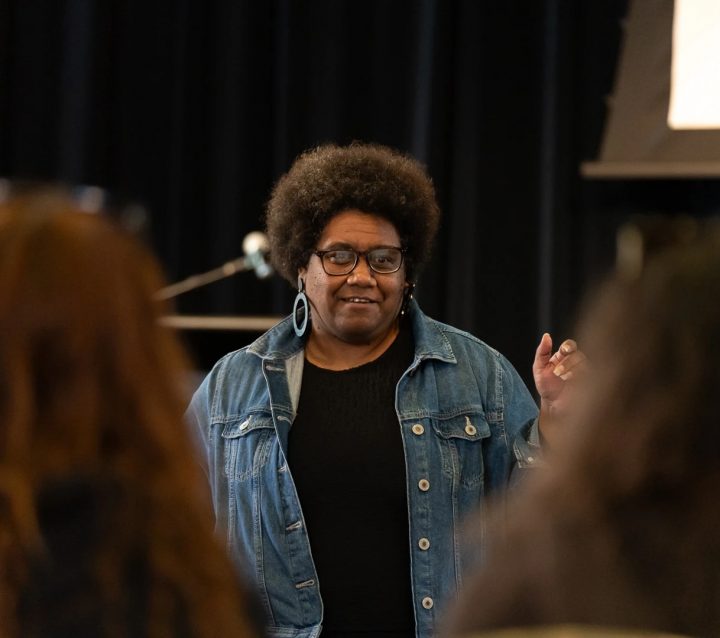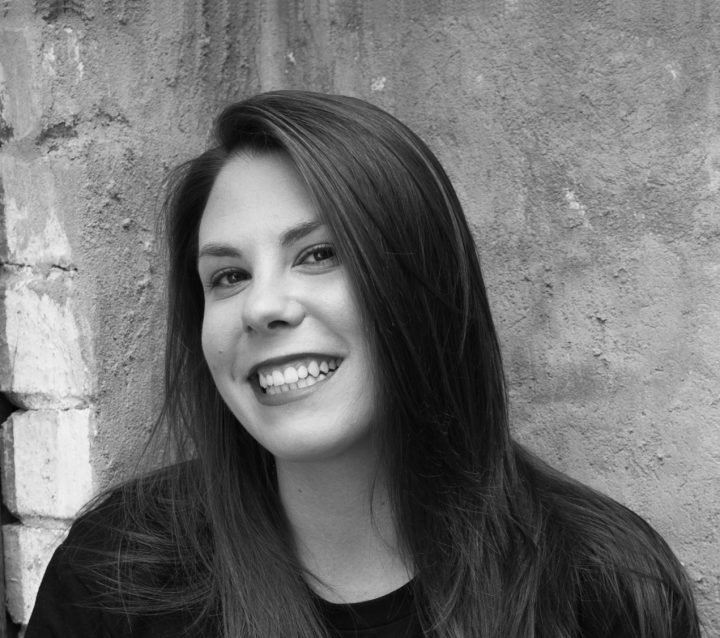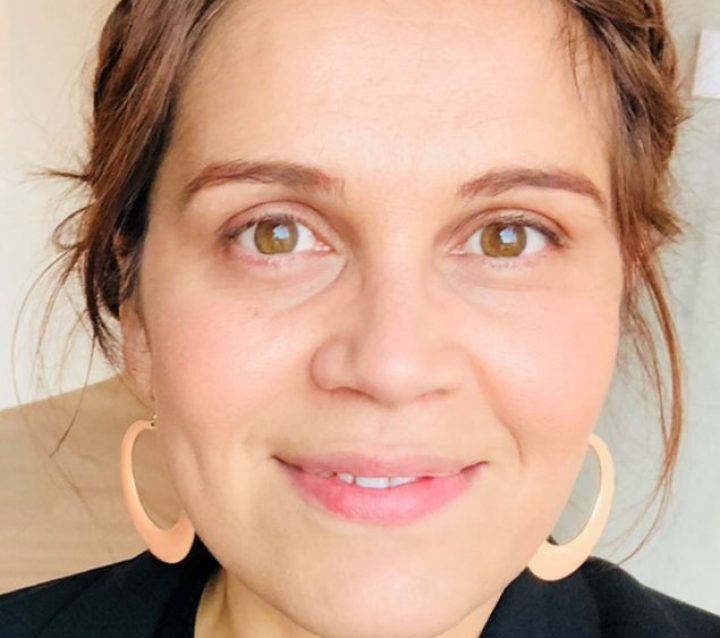
What is your role at Beat Magazine, and how long have you been in the position for?
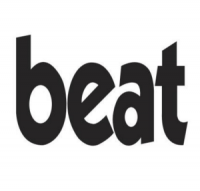
Hi! I’m the Music Editor over at Beat and I’m edging closer and closer to my two-year anniversary in the role.
For those who are unfamiliar, tell us a bit about Beat Magazine.
Beat is one of the country’s largest and most iconic street press publications. We’re a free weekly magazine, and have been covering everything happening in Melbourne for 29 years.
Our predominate focus is music, but we maintain strong commitments to the arts, restaurants and venues, while also covering a range of other events happening within Melbourne and beyond. We work with everyone, from major record labels and touring promoters, festival organisers and publicists, indie bands, indie artists and managers.
Describe a normal day in the life of the Music Editor at Beat Magazine.
I churn through hundreds of emails per day and spend an enormous amount of time on the phone. Each day is different, of course, but essentially, I coordinate and schedule all music features and interviews, gig and album reviews, live photography, news items, photos and gig content for future issues of the mag.
I’m frequently working with publicists, venue bookers, festival and event organisers, bands, artists, advertisers and marketers, and an ever-expanding list of contributors, columnists and photographers, to ensure everything is handled appropriately and to deadline. I regularly work on building campaigns with clients, so adhering to the deadlines we’ve put in place is a crucial component of the role.
A weekly deadline can be pretty hectic; my job is incredibly fast paced and I tend to multitask a hell of a lot. I get to listen to a mountain of new music every week, and after work, I’ll probably end up at a gig somewhere in Melbourne.
How did you get your start in the music industry – what is your story of how you got to where you are today?
I initially began my career as a youth worker, and the first youth program I was appointed was working with aspiring journalists. The program was in partnership with Fairfax Media, and I was assigned the role of editor. I never planned to be an editor or a journalist, but I guess I took a liking to it. I got a huge kick out of seeing the development of the young writers involved in the program, and I managed to build a lot of strong industry contacts, too – many of which I still work with today.
“…there’s a fine line between being ambitious and being a ballbreaker – don’t fall into the latter category.”
I worked in that role for around five years, and spent a lot of time volunteering for various organisations. SYN and The Push were two big players in those early years, and I learnt a lot while volunteering for them. I also started my own magazine, which focused on visual arts, music and popular culture. It was a super cool at the time and opened many doors, but those magazines are now hidden deep within my parent’s closet, and I hope they never see the light of day. Cringe worthy stuff.
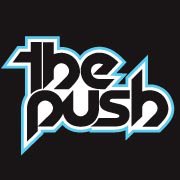
What advice would you give someone wanting to start a career in the industry, specifically in music journalism?
Take your time and follow your own path. There are no set rules to follow in this game; as long as you have the passion and determination, you’ll get to wherever you need to go. If music journalism is your thing, start writing. If you want to gain experience in the field, apply for internships. People will always pay attention to those who are passionate and self motivated. That being said, there’s a fine line between being ambitious and being a ballbreaker – don’t fall into the latter category. Also, if you can, share your work with people you don’t know – they’ll give you honest feedback and criticism.
When I was first starting out, I emailed one of my features to a fairly reputable music journalist, completely out of the blue. He gave me some great feedback – in fact, he tore me to shreds. It was incredibly helpful for me at the time. I needed someone to tell me that I could do better – I would never have received the type of criticism from friends or family.
Finally, and I think this is super important – I think the notion of working in the ‘industry’ is bullshit. We can get so caught up in the idea of making it in the industry, we tend to forget we’re actually part of a thriving music community. Just spend time with likeminded people getting involved in things you love, and take part in your community – the rest will work itself out.
What issues/potential issues do you think the current Australian Music industry face?
Australia is ultra lucky to have a monumental amount of talented artists and operators in music, but there just aren’t enough jobs or money to go around. People who acquire roles in the field tend to take on multiple duties outside of what they were initially hired for.
I think that people working within the industry have a huge responsibility to assist and support those on their way up in any way we can – unfortunately though, because we’re all working our arses off, we’re pretty time poor.
I wish there was more funding dedicated to the arts, particularly in the all-ages field. I was volunteering at gigs put on by my local city council since I was a kid – I just don’t see those types of opportunities available any more. Which is a huge shame, because that’s how a lot of people find their feet in music.
Have you had to overcome any challenges or adversity in your career, and if so how did you approach them?
Hmmm, not really. To be entirely honest, I was never focused on building a career in music – I just wanted to go to gigs and talk about music with people. I think adversity and obstacles are all based on your perception of a situation; if you stay too focused on the outcome, you’re bound to face obstacles. On the flip side, if you keep doing what you love and continue to follow your passion, you’ll achieve more than you ever imagined.
I think that people working within the industry have a huge responsibility to assist and support those on their way up in any way we can.
What advice would you give to your 18yo self?
Be patient. Everything is unfolding the way it’s supposed to – just enjoy the ride. Oh, and if someone hasn’t replied to your email, it doesn’t mean they hate you. It probably means they’re super busy.
Do you feel that higher education is necessary to work in the music industry?
Honestly? Not really. For me, the experience I gained while volunteering in my early years was crucial in developing the skills, knowledge and contacts necessary to work within the field. I was working as an editor well before I decided to study, and while education was indeed helpful, there was no way I would’ve been able to learn what I did without on the ground experience.
Those early years were incredibly helpful – they gave me the opportunity to make mistakes (I made a lot) and learn from them to become a better operator. I was thrown in the deep end when I first started at Beat, and thankfully, my previous experience was a key reason I was able to stay afloat and not crack under the pressure or workload. You can’t acquire those skills through higher education, I’m afraid. That being said, I love higher education and the thrill of learning new things. Theory is important, too.
What tips would you give an artist trying to succeed in Australia? Is there a certain route they should take?
Find whatever it is that makes you a unique artist, and embrace it. Work on your craft and be comfortable with the business side of it all. Always stay true to yourself, don’t compromise who you are or do things out of your comfort zone, only to progress further.
Who are you role models in the industry whether they be international/Australian?
Who are you role models in the industry whether they be international/Australian?
Top 3 artists to watch right now?
I tend to pay a lot of attention to artists the Deathproof girls are plugging, and I’ll always listen to artists on the Rice is Nice roster.
Scotdrakula …rule
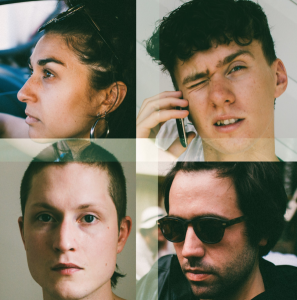
Fuck The Fitzroy Doom Scene …always make me happy.
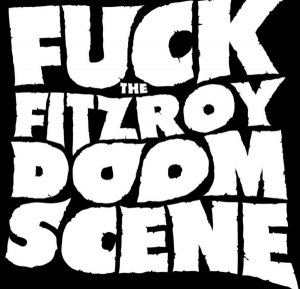
Blank Realm’s new album is killer, too.
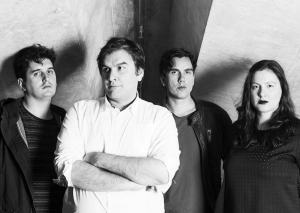
What is your go-to karaoke song?
‘Forgot About Dre’. Bring it.
More Interviews

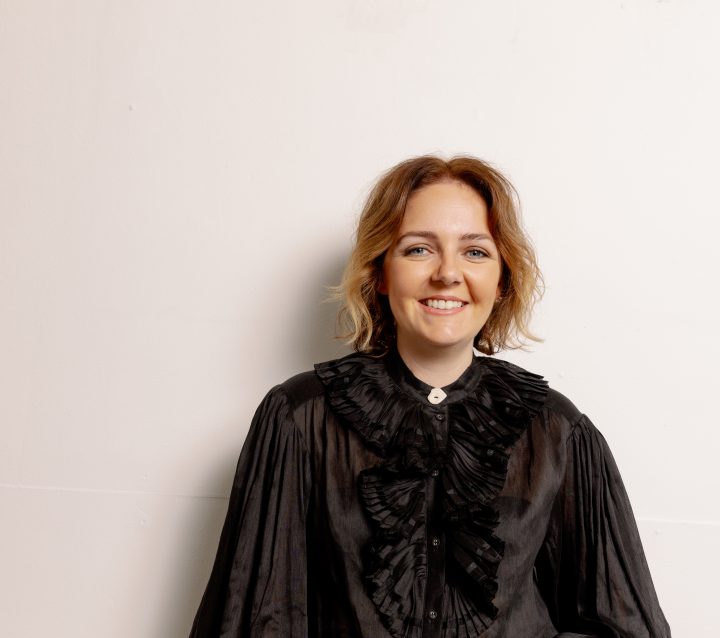
Natalie Kradolfer
Natalie Kradolfer // Amplify Music Education // Managing Director & Co-Founder
Natalie Kradolfer
Natalie Kradolfer // Amplify Music Education // Managing Director & Co-Founder
